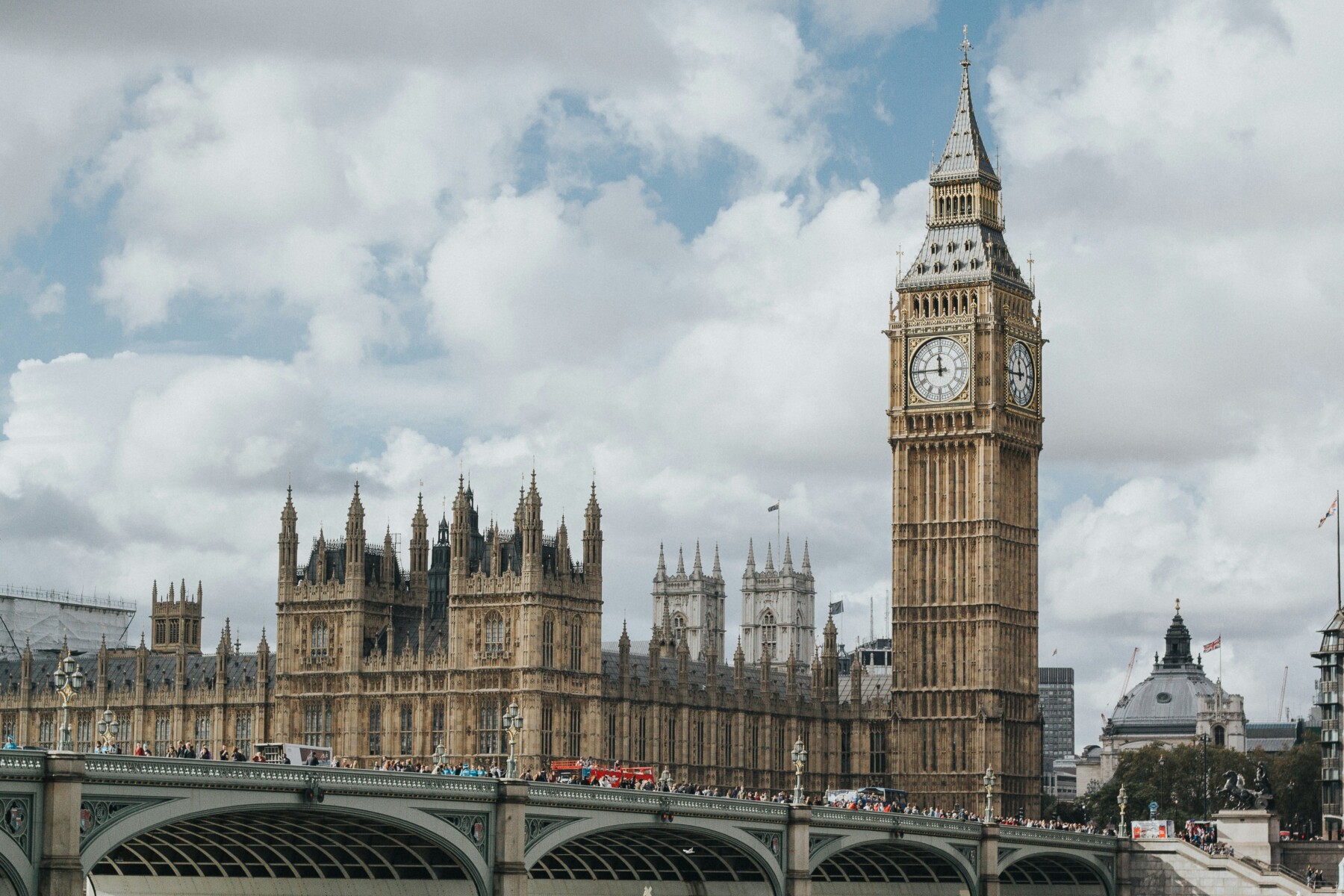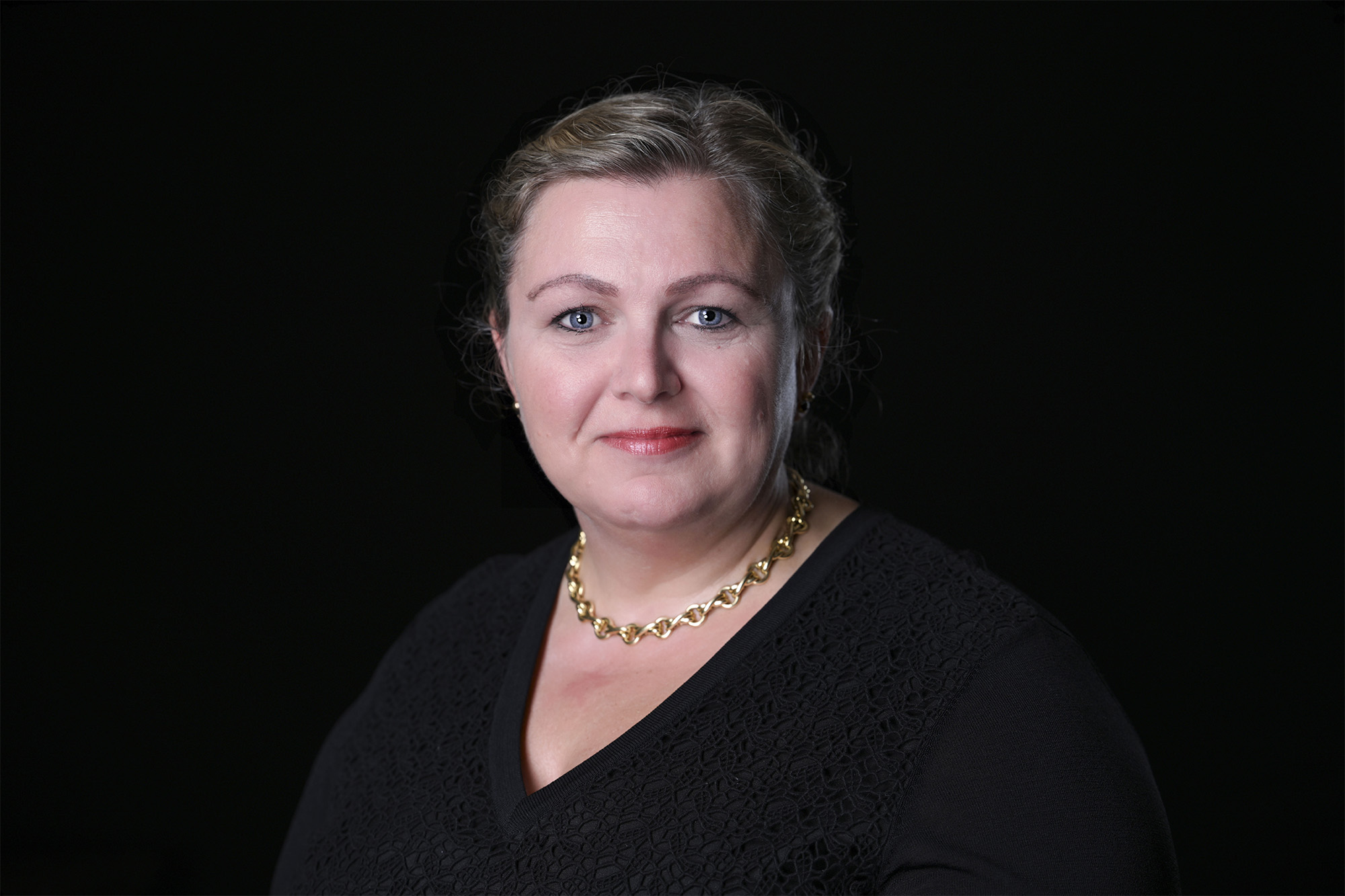With House of Lords business managers bowing to huge pressure from members anxious to take part, with about two hundred peers having put in requests to speak, the Second Reading debate on the Assisted Dying Bill, held on Fridays 12th and 19th September, was a blockbuster session.
In summary, the Bill’s purpose is straightforward: to permit mentally competent adults with a life expectancy of six months or less to receive medical assistance to end their lives, subject to safeguards.
Supporters, such as the Bill’s sponsor, Lord Falconer of Thoroton, spoke of compassion and autonomy, insisting that the Bill would end suffering and provide dignity. But there were plenty of arguments from the Bill’s opponents which exposed some of the difficulties likely to lie ahead for it in the Upper House.
The former Prime Minister, Theresa May, made her maiden speech in the Lords, making this important point:
“We must ask whether the safeguards are sufficient to prevent pressure, whether subtle or otherwise, being placed on the terminally ill. The risk of coercion, even the unspoken sense of being a burden, cannot simply be dismissed.”
The language of choice is powerful, but, equally, choice exercised under duress is not really choice at all. Lord Gold put the same point starkly when he referred to “hidden persuasion”.
The substitution in the Commons for the judicial check, originally mandated in the Bill, by a requirement for a decision by a panel of three – a KC, a consultant psychiatrist and a social worker, was seen by many speakers as a weakening of oversight.
The criticisms made by the Delegated Powers and Regulatory Reform Committee, which described the Bill as a “skeleton” measure, were also discussed. Key questions, such as the definition of terminal illness, the precise assessment of capacity, the protocols for decision-making, are to be left to regulations and ministerial discretion. The Lords, traditionally suspicious of this sort of approach, was unhappy on this occasion too.
Profound questions about palliative and hospice care were raised. Many hospices struggle to survive financially, being reliant on charitable donations. There are concerns about the knock-on funding implications of an assisted dying scheme, and the danger of a hierarchy of provision being created, with hospice care being deprioritised.
The Archbishop of York, Stephen Cottrell, warned that the Bill could “turbocharge agonising choices” for those who are poor, disabled or elderly, leading them to feel that society values their continued existence less than their quiet exit.
In a compromise reached between Baroness Berger and Lord Falconer on the second day of debate, the Lords agreed on further scrutiny through a Select Committee, before line-by-line debate in Bill Committee.
The new Committee, likely to consist of about a dozen peers, will hear from witnesses and look at how the Bill would work in practice. It must report by 7th November, which represents a delay in the progress of the Bill but not of an order that would endanger its passage in this session of Parliament, which will now last until at least Spring 2026. It will have no power to stop or reject the Bill.
October will now be dominated by the weekly proceedings of the new Select Committee, so we can expect the Bill Committee to sit from mid November up to the Christmas period, with a likely New Year Report and Third Reading stage in the Lords, when key votes will be held, and then a return to the Commons for some legislative “ping pong” on amendments during late Winter/early Spring. In short, this Bill has a long way to go and we will keep you updated as significant milestones are reached.



